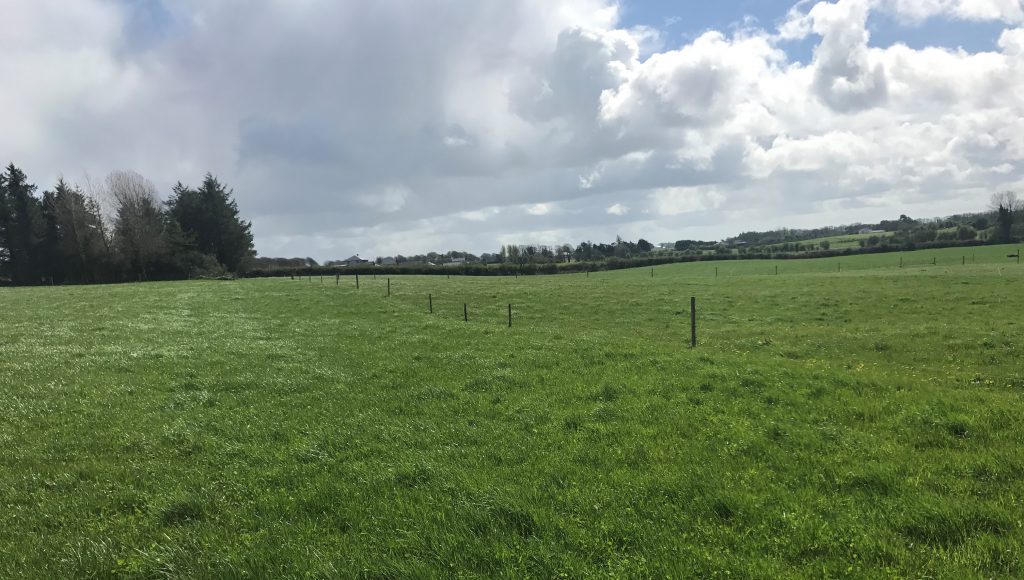Now that we have technically entered summer, farmers can turn their attention to reseeding poor-performing paddocks – if grass supplies permit.
The value of reseeded pasture cannot be underestimated, as Teagasc work shows that perennial ryegrass swards produce 3t/ha/year of dry matter (DM) more than old permanent pastures.
Paddocks are normally reseeded in spring (not this year), summer or towards the end August and early September.
However, UCD’s Bridget Lynch explained the benefits – at an Irish Grassland Association (IGA) grazing event – of reseeding in early summer.
She said: “Traditionally, in UCD, we would have reseeded after second-cut silage in August or September. However, we have brought that back to spring or early summer for a number of reasons.
“Firstly, farmers get a quick return and reduced downtime of the particular paddock. That’s going to be key this year if farmers plan to reseed; minimising the amount of time that the paddock is out of the grazing rotation is important.
“We want to get the ground back in as quickly as possible and by doing it in early summer you’re going to get quick returns,” she added.
One of the major benefits of reseeding during early summer is the ability to apply a post-emergence herbicide spray.
The ability to spray autumn-reseeded paddocks can be limited due to deteriorating soil conditions, thus making it difficult to eliminate weeds such as docks, nettles and thistles from recently-established swards.
On this, Bridget said: “The best time to address docks is with a post-emergence spray. So, if farmers are reseeding at the end of August or September, then your chance of getting back out with a post-emergence spray is reduced.”
Another major plus of spring or early summer reseeding is favourable soil temperatures. Lower soil temperatures in the autumn time can have a negative impact on seed germination.
“Farmers will get a better response to fertiliser – particularly to nitrogen with fresh, new swards,” she explained.
The UCD lecturer also highlighted that reseeding methods are farm specific and carrying out reseeding without the use of the plough can greatly reduce costs.
- Quick return;
- Reduced downtime;
- Increased tillering and site fill;
- Good timing for post-emergence spraying;
- Increased grass growth;
- Increased number of paddock grazings;
- Increased grass quality;
- Increased grass utilisation;
- Better response to fertiliser.


